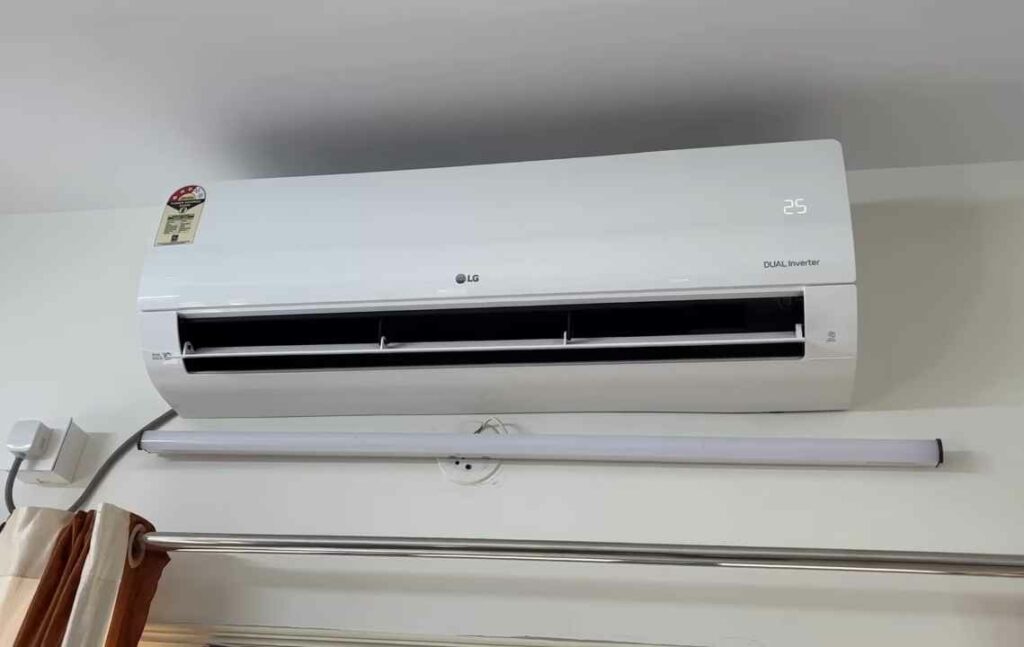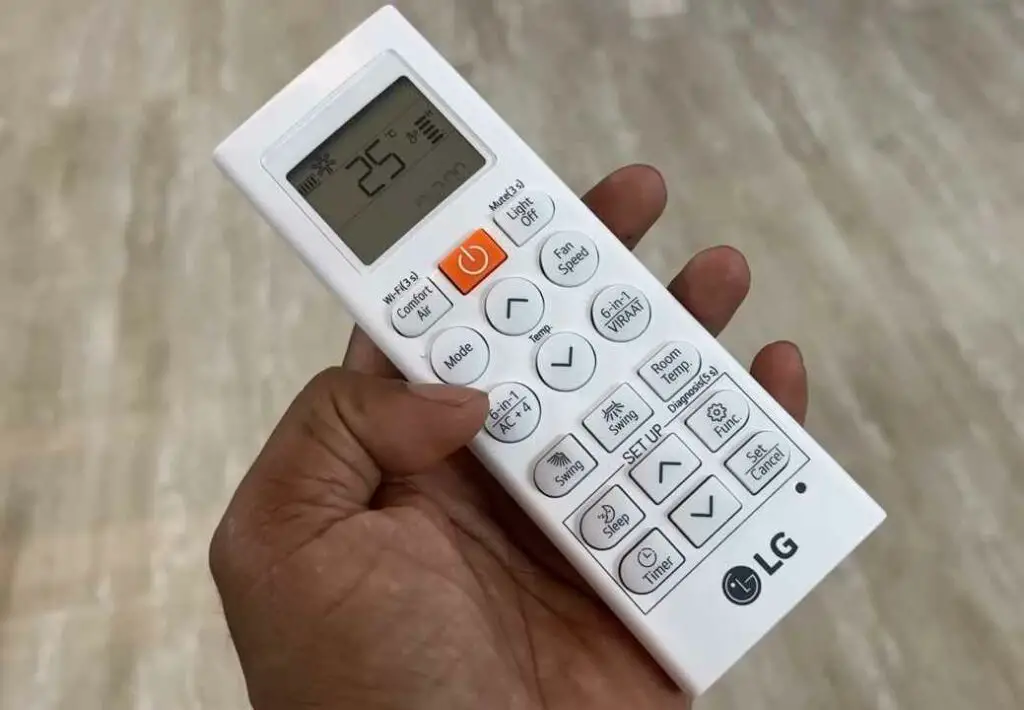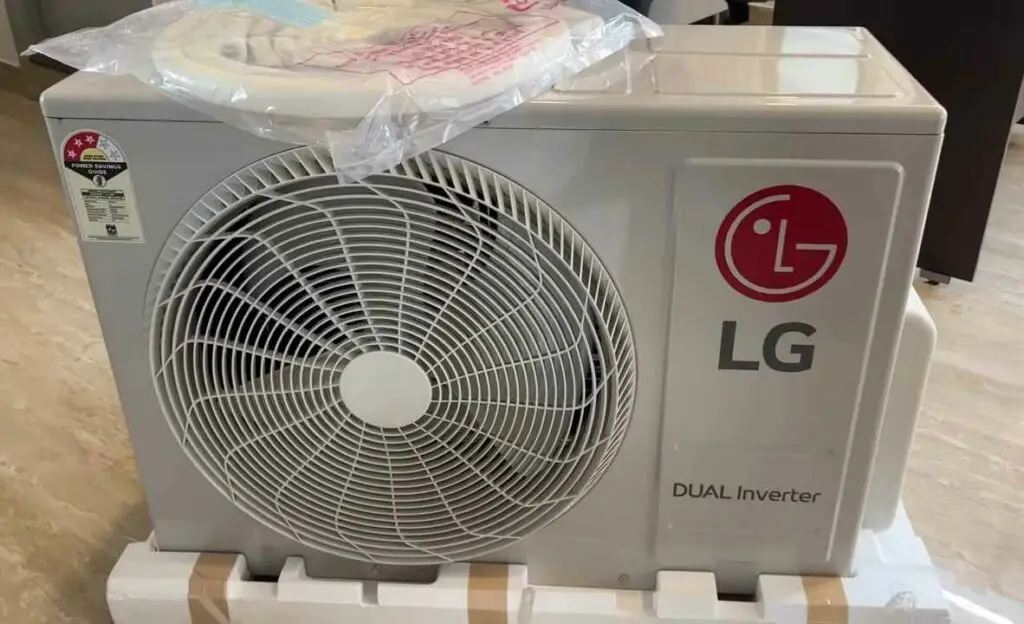Section 179 of the IRS tax code allows businesses to deduct the full purchase price of qualifying equipment and software purchased or financed during the tax year.
That means that if you buy (or lease) a piece of qualifying equipment, you can deduct the FULL PURCHASE PRICE from your gross income.
The equipment must be placed in service in order for you to take advantage of this deduction.

Do Air Conditioners Qualify for Bonus Depreciation?
Yes, air conditioners do qualify for bonus depreciation.
The bonus depreciation deduction is available for qualified property that is acquired and placed in service after September 27, 2017, and before January 1, 2023.
Qualified property includes new or used tangible personal property with a recovery period of 20 years or less, computer software, and water utility property.
Can You Section 179 a Hvac for Rental Property?
Yes, you can! The Section 179 deduction is a great way for rental property owners to save money on their taxes.
Here’s how it works:
The Section 179 deduction allows businesses to deduct the cost of certain qualifying property and equipment purchases from their taxable income.
This includes things like machinery, vehicles, and office furniture.
In order to qualify, the property must be used for business purposes (i.e. not for personal use).
Rental properties generally qualify for the deduction as long as they are used to generate income.
This means you can deduct the cost from your taxes if you purchase an HVAC system for your rental property.
The deduction is especially beneficial if you make a large purchase, such as an expensive HVAC system.
You’ll need to file Form 4562 with your tax return to claim the deduction.
Be sure to keep all receipts and documentation related to your purchase so that you can properly calculate the deduction amount.
Is an Ac Unit Qualified Improvement Property?

Yes, an AC unit is considered a qualified improvement property.
This means that it meets the requirements for energy efficiency and can provide tax breaks for the homeowner.
The government offers tax credits for qualified improvement property, which includes air conditioners, furnaces, water heaters, and boilers.
To qualify, the unit must meet certain standards for energy efficiency.
Is Replacing Hvac System Tax Deductible?
If you’re considering replacing your HVAC system, you may be wondering if the cost is tax deductible.
The answer is that it depends on a few factors, including whether you’re replacing an existing system or installing a new one, and what type of system you’re installing.
If you’re simply replacing an existing HVAC system, the cost is not tax deductible.
However, if you’re installing a new HVAC system in a home that didn’t previously have one, the cost may be tax deductible as a home improvement expense.
The type of HVAC system you install also affects the reducibility of the costs.
For example, installing a central air conditioning unit would generally be considered a home improvement expense and would thus be tax deductible.
However, installing a standalone air conditioner would not be considered a home improvement and would not be tax deductible.
Ultimately, whether or not the cost of replacing your HVAC system is tax deductible depends on your individual situation.
If you have any questions about whether or not your particular situation qualifies, we recommend consulting with a qualified accountant or tax specialist before making any decisions.
Is Replacing an Air Conditioner a Repair Or Improvement?

If your home air conditioner is over 10 years old, it may be time to start considering replacing it.
Not only are newer models more energy-efficient, but they also offer a number of other benefits.
Here’s a look at whether replacing an air conditioner is considered a repair or improvement:
Benefits of Replacing an Air Conditioner There are several reasons why replacing an old air conditioner with a new one can be beneficial.
Newer models are much more energy-efficient, meaning they’ll save you money on your monthly utility bills.
They also tend to be quieter and offer superior cooling capabilities.
Additionally, many newer air conditioners come with features like remote controls and programmable timers that make them even more convenient to use.
Is Replacing an Air Conditioner Considered a Repair or Improvement?
Generally speaking, replacing an old air conditioner with a new one is considered an improvement rather than a repair.
That’s because the main purpose of the replacement is to improve the function or efficiency of the unit, rather than simply fix something that’s broken.
However, there are some instances where the line between repair and improvement can become blurred – for example, if your old air conditioner needs extensive repairs in order to keep running.
In this case, you may decide to replace the unit instead as it will likely be more cost-effective in the long run.